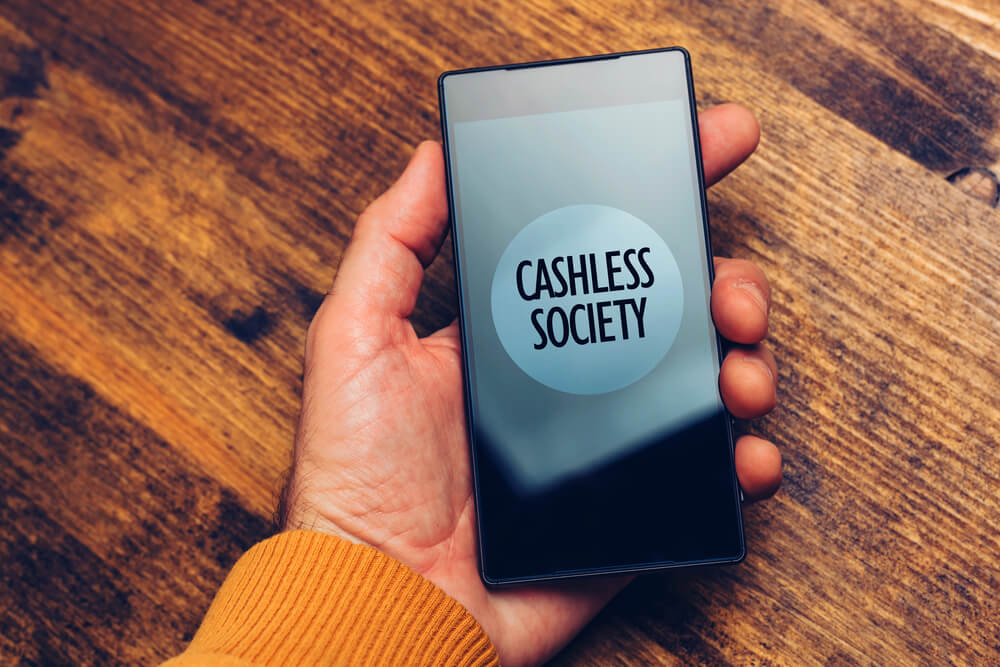Is the U.S. government considering cryptocurrencies over cash?
No More Dollars; We Want Crypto
According to a new report issued by Roll Call, the U.S. government could be in the early stages of transforming the country into what’s known as a “cashless environment.” In other words, people will be using cryptocurrencies for their everyday purchases instead of standard cash or credit cards.
At first glance, this seems highly unlikely. The United States has ultimately fallen behind other nations when it comes to cryptocurrency regulation, especially when compared with Asian regions such as South Korea and Japan. The U.S. is not quite ready to govern bitcoin and its digital counterparts at this time, and we’ve only recently started entering a period where crypto is being viewed as a means of payment for goods and services.
In addition, the U.S. has often labeled cryptocurrencies as investment opportunities rather than tools for making payments. This has a lot to do with the volatility one often witnesses with mainstream forms of crypto such as bitcoin, bitcoin cash and Ethereum. These coins and others like them are prone to price swings that can occur dramatically and without warning. Their prices have as much chance of moving north as they do of moving south.
Many traders experienced this firsthand in 2018 when after a year-long bull run, bitcoin began shedding heaps of its value faster than anyone could have anticipated, falling from nearly $20,000 in late December of 2017 to about $3,500 in November 2018.
This has prevented the U.S. and other neighboring countries from taking crypto seriously enough to consider it as a payment processing tool, though that may be about to change. We’ve recently witnessed the introduction of companies like Flexa, which are teaming up with retailers like Jamba Juice, Nordstrom and Whole Foods to potentially ease the process of accepting crypto as a means of payment.
In truth, accepting crypto and using it for all future transactions has a lot of benefits to it. For one thing, the U.S.’s trillion-dollar debt ratio could potentially ease up giving its lack of cash transactions. Turning to digital assets would reduce the amount of cash-based printing and borrowing from regions like China in the U.S., potentially reducing the country’s debt over time.
Difficult, but Not Impossible
Furthermore, there are several people in the country living well below the poverty line. They lack the financial means necessary for making it in the U.S., such as valid credit or an even cash flow. Digital currencies could potentially ease their pain and suffering and improve their spots on the financial ladder.
So, if the U.S. is considering any notion of the country becoming fully cashless, there’s clearly a lot to think about, and while it may not occur for several years, the transition shouldn’t be considered impossible.
